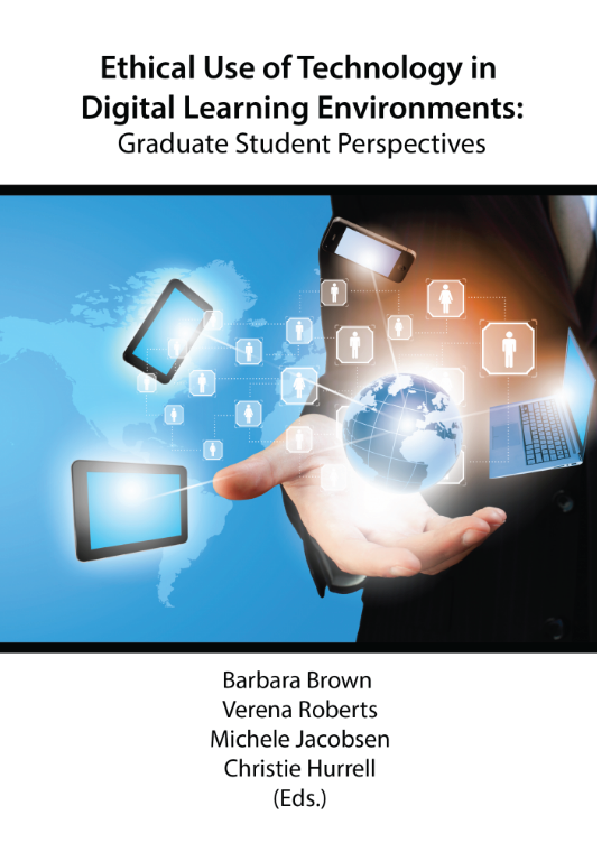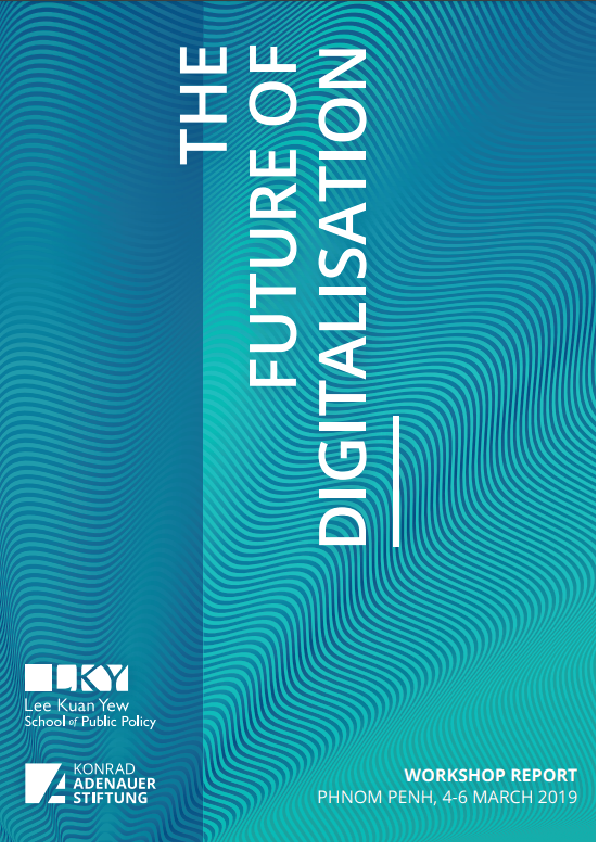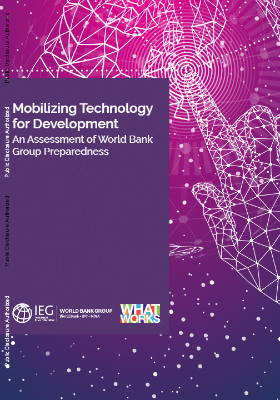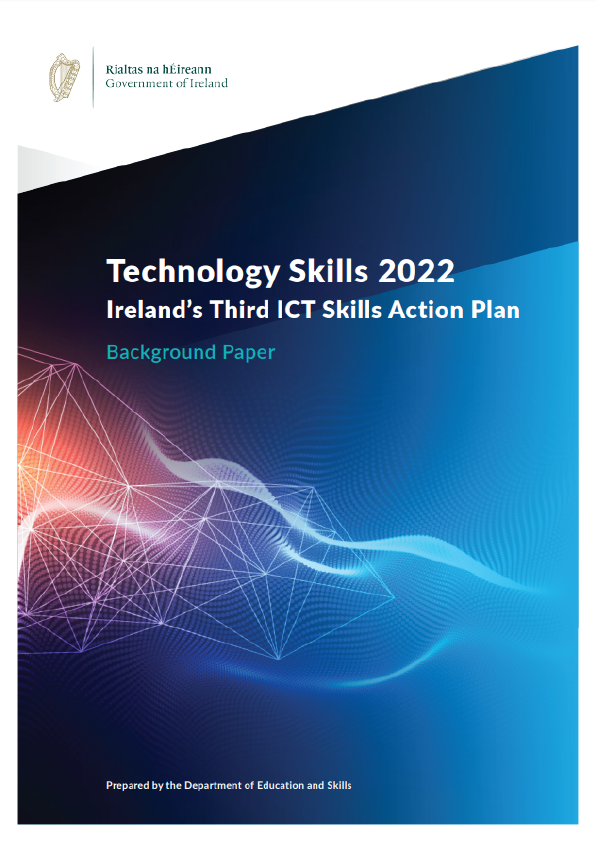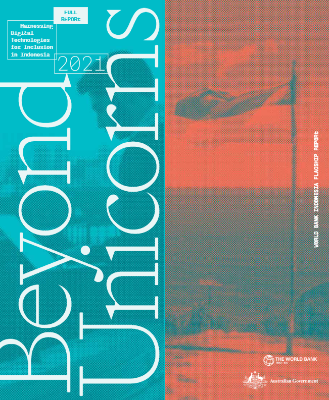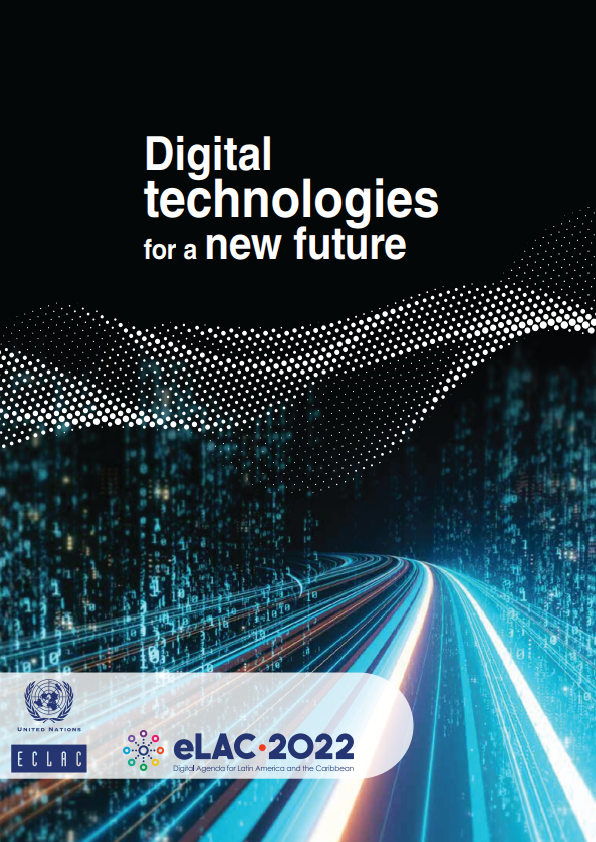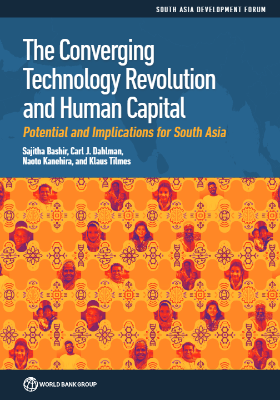Leading and Learning in a Digital Age (also referred to as the digital age program) is a four-course graduate certificate offered at the Werklund School of Education that can be completed as a stand-alone credential or as one of the steps towards a Master of Education Interdisciplinary degree. The digital age program provides students with opportunities to examine the complexities of leading and learning in inclusive and high-quality digital learning environments. While completing this graduate certificate, students must develop and critically assess authentic interdisciplinary and technology-rich learning designs and environments, demonstrate technological fluency and competencies in technological literacies, advocate for high-quality digital learning environments informed by understanding of current trends and issues in the field, and develop teaching and learning practices in school and other workplace contexts that engage and empower learners and promote active citizenry in a participatory and digital age. The four courses in this graduate certificate are offered in the following sequence: (1) Interdisciplinary Learning and Technology, (2) Technological Literacies, (3) Ethics and Technology, and (4) Leading in a Digital Age. The courses are interconnected and provide a scaffolded pathway for learning within an online community based on Scardamalia and Bereiter’s (2014) knowledge-building principles. The chapters in this book result from an assignment that was part of the third course in the program; however, the development of the knowledge-building community started in the first course and continued through to the third, when the students started to co-design this e-book. Following the completion of the digital age program, the students, their instructors, the academic coordinator for the program, and a research team remained dedicated to helping the students share the products of their co-design and learning in an open access format.
The Concept of Co-Design
The foundations of co-design can be attributed to Gee’s principles of learning design, which empower learners as active agents (producers) of knowledge rather than viewing them as recipients (consumers) of knowledge. According to Jahnke et al., (2020), the term ‘co-design’ connects to co-operative design, and in their study exploring student engagement in group work in higher education contexts, they describe co-design as a way for students to become active agents of their learning and to exceed the expectations of the instructor and the learning intentions outlined in the course. Similarly, in the digital age program, we used ‘co-design’ to describe the participatory pedagogy used by the instructors as well as the expectation that students would be active agents of their learning.
Within current research literature, the oft-cited research on co-design focuses on small collaborative groups that design for a class or professional learning experience (Roschelle et al., 2006). While limited in scope, current research on co-designing digital open learning experiences does describe the importance of situated context when examining co-designing learning processes, the influence of reflective learning practices, and the roles of instructors and students in the learning process (Barbera et al., 2017). In addition, Sanders and Stappers (2008) describe the implications of the shift from user-centred design to co-designing as a participatory pedagogical process.
